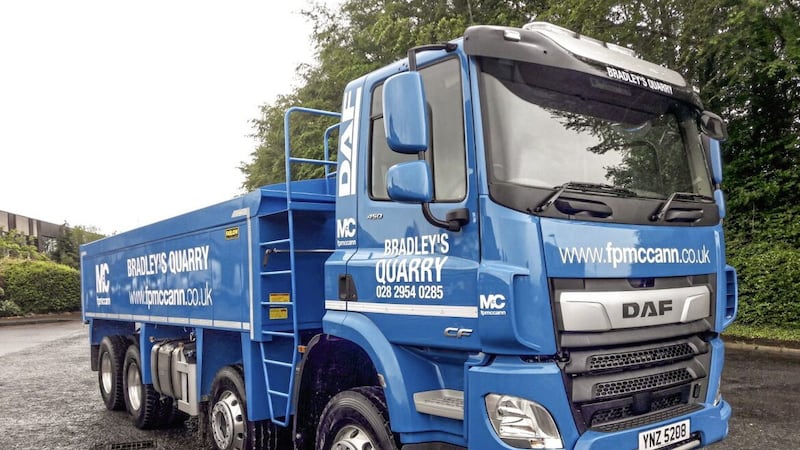IN 2017, I wrote a column depicting a scene of me flying over to Liverpool to visit my children, who were working there after finishing university. It was sobering to take on board the reality that this was where they lived and very likely for the foreseeable future.
My great idea that they would come home and work here was draining out of my brain, as I realised that instead of home becoming more attractive, the opposite was true. My children were now contributors to the Northern Ireland “brain drain” statistic.
Could I really expect them to come home and work for a lot less money, in a place that has no leadership, no government, to a divided society and education system?
We used to have election campaigns that talked about real issues like health, education, jobs, a vision for a prosperous Northern Ireland for everyone. We had hope of a new era, one of long-term plans with a new improved Programme for Government, an era of cooperation and comprise for the greater good.
Now we have a collapsed executive, no budget, and a region in limbo while we await a much-dreaded Brexit, or maybe not.
Should we have known better to expect nothing from our leaders? Yes, I am disappointed, I really did have those high hopes. But I am still hopeful. The business community can do it on their own, even whilst our politicians continue to make it very difficult.
As I've said before, we all need to keep working on making the place where we live better, because let’s face it, none of us are going anywhere. How can we as people of a divided community bring peace to our homes, cities and towns, if not for us but for our children?
With the announcement that integrated education groups in Northern Ireland are in the running for the Nobel Peace Prize, and with British MPs, Irish TDs and professors in the US and Canada among those in support of the nomination, it's evident that there is confidence in the power of education and in support of peace building and reconciliation for Northern Ireland.
Tina Merron, chief executive of the IEF, said: "This is a great honour, and a testament to all the pioneers who have been committed to opening and developing integrated schools in the face of social challenges and political inertia.”
For the past however many years, integrated schools have been perceived purely as a second option to an educational system in which the majority of children throughout the breadth of Northern Ireland have continued to segregate themselves by attending religiously divided schools. But now is the time to put the wellbeing and education of our children in the forefront.
The Northern Ireland Council for Integrated Education state that “empowering them (children) as individuals is a priority for staff so that as they grow and mature, they’ll be able to affect positive change in the shared society we live in”.
Let us empower our future leaders,. Let us not be shrinking violets. We need to lead by example. We must continue to set up and grow our businesses as inclusive and integrated and the business communities must cooperate and collaborate. If we can achieve this, why is it so difficult for our government?
: Roseann Kelly (roseann@ womeninbusinessni.com) is chief executive of Women in Business (www.womeninbusinessni.com)







